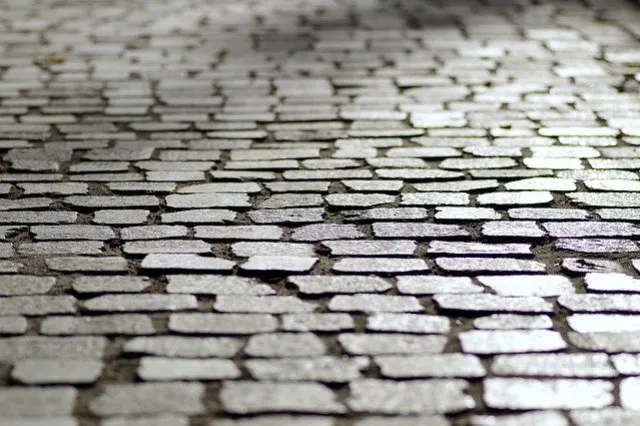

What are the rules governing road accessibility?
High quality thoroughfares and public spaces are a prerequisite for access to establishments and facilities for persons with reduced mobility (PRM) and disabilities, they also improve quality of life for all users.

Street furniture: how do we meet people's needs?
Street furniture is changing in most of the region's communities. Furniture are becoming more sustainable and adaptable to a varied public, in line with major environmental and social issues. Within this common framework, more specific expectations can take shape.

Decoding: HGV parking areas
Road transport: urgent infrastructure development. In 2018, the "Safe and Secure Parking Places for Trucks SSTPA"[1] study estimated the shortfall in parking spaces needed by heavy goods vehicles in Europe at 100,000 spaces.

Decoding: carpooling, a fast-growing practice
900,000 people use carpooling to get to work each day. Despite a slowdown caused by the health crisis, this collaborative method of transport is now booming, requiring the creation of new facilities to cope with it.

Urban greening: a growing concept.
Greening permits have been issued in Clermont-Ferrand, bus and cycle lanes have been greened in Lyon, sandy areas have been seeded in Besançon... These actions are all based on the same observation: urban greening improves quality of life for residents and contributes to the sustainable development dynamic of a city.

How are public toilets maintained?
Many towns and cities are constructing public toilets. Usually located near public squares, they are very popular in busy cities. If they smell bad and are dirty, this can negatively affect the image of the company that designed them.

How can we improve the cleanliness of a city?
Cleanliness is an integral part of urban planning for every French town. It is a highly important issue for town councils; a town’s level of cleanliness has an impact on residents and visitors alike.

What street furniture should you choose for your municipality ?
Street furniture is a fast-growing and constantly evolving field. Local authorities install street furniture in the public spaces of towns and cities all over France.

Which standards apply to PRM public toilets?
Nowadays, all establishments receiving the public must have toilet facilities that are suitable for persons with reduced mobility. Toilets must be made more accessible to enable them to be used by everyone.

How is COVID-19 helping people to redesign public toilets?
The phenomenon is well known: the cleanliness of public toilets stops at the handle. The Covid-19 epidemic prompted local authorities and manufacturers of public toilets to redesign the facilities in order to improve general hygiene, to regain public trust and to combat the risk of epidemics.
We use cookies and other tracking technologies to analyze and improve your user experience, to enable you to watch videos and to analyze our traffic. You may modify your cookie settings at any time by clicking on “Preferences”. By clicking on “Accept all” you agree to the deposit of all cookies. In case you click on “Change my preferences” and refuse the cookies, only the technical cookies necessary for the proper functioning of the site will be deposited. You can consult the page « Personal data protection policy » for more information.